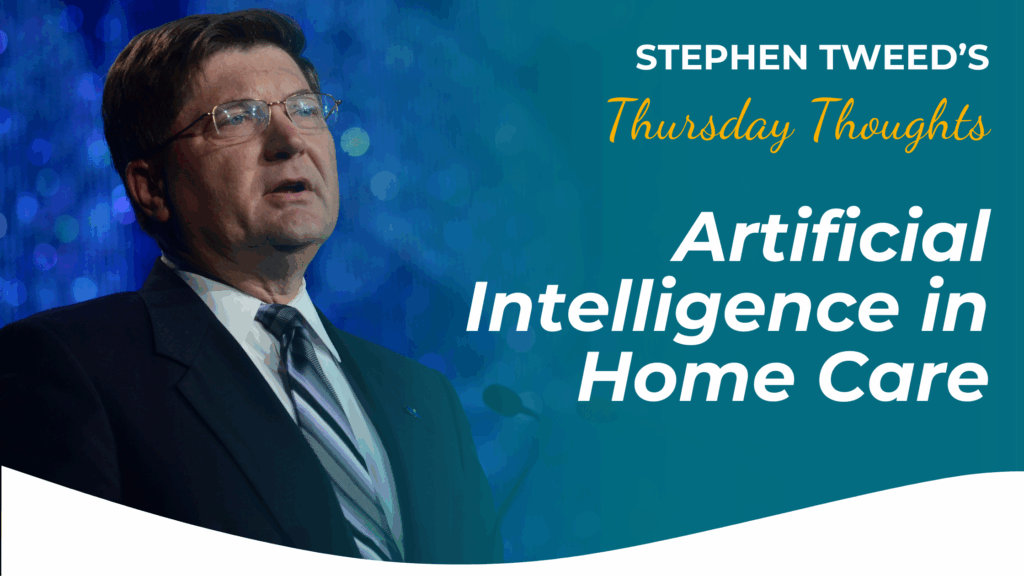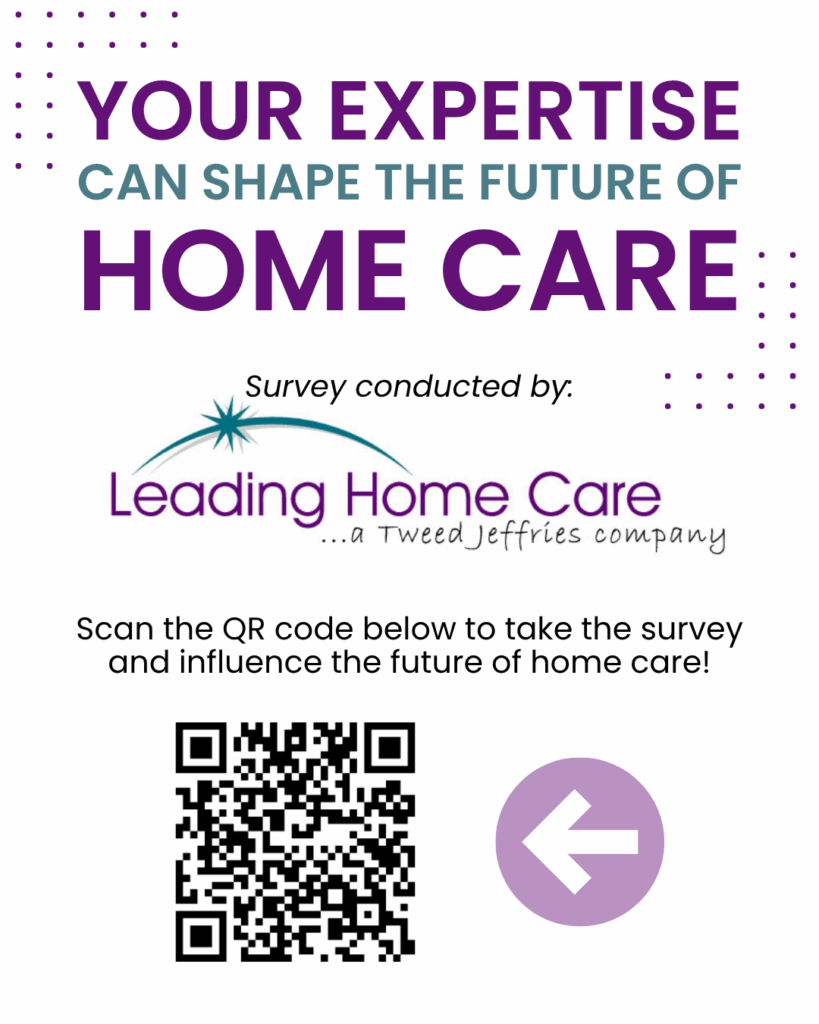Private Duty Agencies in the Crosshairs of Fraud Enforcers
By Elizabeth Hogue, Esq.
Some owners, managers and staff members of private duty agencies still think that fraud and abuse prohibitions apply only to Medicare certified home health agencies. In fact, fraud and abuse prohibitions apply to private duty agencies if they accept any state or federal funds, including, but not limited to, Medicaid, Medicaid waiver, VA, and Tri-Care. Many private insurers have adopted the prohibitions on fraud implemented by state and federal programs.
In fact, private duty agencies are increasingly in the crosshairs of fraud enforcers, especially if they receive reimbursement from Medicaid and/or Medicaid Waiver Programs. The reason for enhanced scrutiny is that both the federal government that partially funds state Medicaid and Medicaid Waiver Programs and state governments that also fund these programs are alarmed about the high costs of these Programs. Conventional wisdom says that there are big bucks to be saved, if fraud and abuse in the Programs are controlled and ultimately eliminated. Two recent cases illustrate these efforts to control costs in Medicaid Programs:
Fraud in the District of Columbia
In the District of Columbia, a married couple who owned a private duty agency; Global Healthcare, Inc.; was involved in perpetrating $80 million in Medicaid fraud as a provider of personal care services. The wife was not entitled to take part in the Medicaid Program because she was excluded from participation in the Medicare, Medicaid and all federal health care programs due to the revocation of her nursing license. She fraudulently obtained a Medicaid provider number by forging signatures on the application for the provider number.
The couple billed the Medicaid Program for services not provided, recruited others to assist them, including various family members, and created fraudulent paperwork to hide the illegal activity. They falsified time sheets, patient records and employment files, faked progress notes and forged signatures on various records. Nine other individuals were also charged. Two of them remain fugitives.
What were the consequences of their fraudulent activity? The wife was sentenced to ten years in prison and the husband to seven years in prison. Both prison terms will be followed by three years of supervised release. The couple also forfeited over $11 million seized from 76 bank accounts, their residence worth approximately $1 million, $73,000 in cash and five luxury vehicles worth $400,000. The judge also imposed a forfeiture money judgment of $39,989,956 on both defendants and restitution to the DC Medicaid Program of $80,620,929.
Fraud in Louisiana
In Louisiana, the owners and operators of Extraordinary Care Network, Inc., an attendant care services agency, were convicted of defrauding the Louisiana Medicaid Program to the tune of millions of dollars. The owners admitted that they submitted claims to the Medicaid Program, which falsely represented that the Agency provided one-on-one attendant care when these services were not, in fact, provided. The owners also admitted that they fabricated progress notes, forged signatures of unwitting company employees and then used these documents to support fraudulent claims to obtain reimbursement from the Medicaid Program.
And the consequences for this couple? The wife was sentenced to 44 months in prison and the husband was sentenced to 36 months in prison. The couple was ordered to make restitution in the amount of $1,200,000 to the Medicaid Program and to forfeit an additional $1,200,000. Both defendants will be on supervised release for three years following their prison terms.
THE CONSEQUENCES OF FRAUD AND ABUSE ARE SEVERE!
So, private duty providers, don’t believe the myth that only Medicare certified agencies are subject to fraud and abuse enforcement. The consequences are devastating for you, too! Heads up!
Elizabeth E. Hogue, Esq.
Office: (877) 871-4062
Fax: (877) 871-9739
Twitter: @HogueHomecare
ElizabethHogue@ElizabethHogue.net
©2016 Elizabeth E. Hogue, Esq. All rights reserved.
Reproduced with permission.
No portion of this material may be reproduced in any form without the advance written permission of the author.




